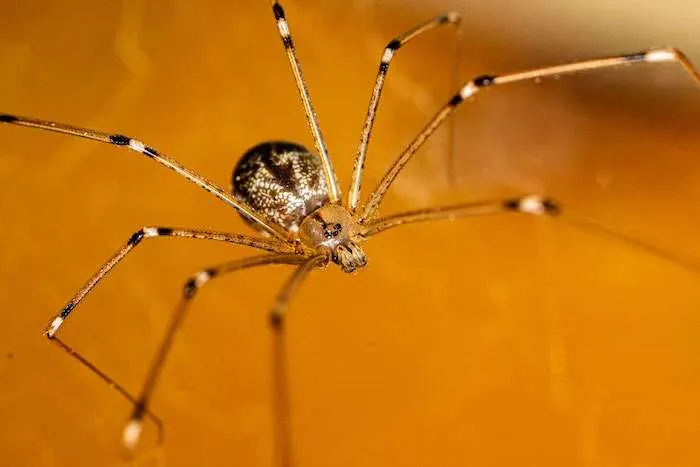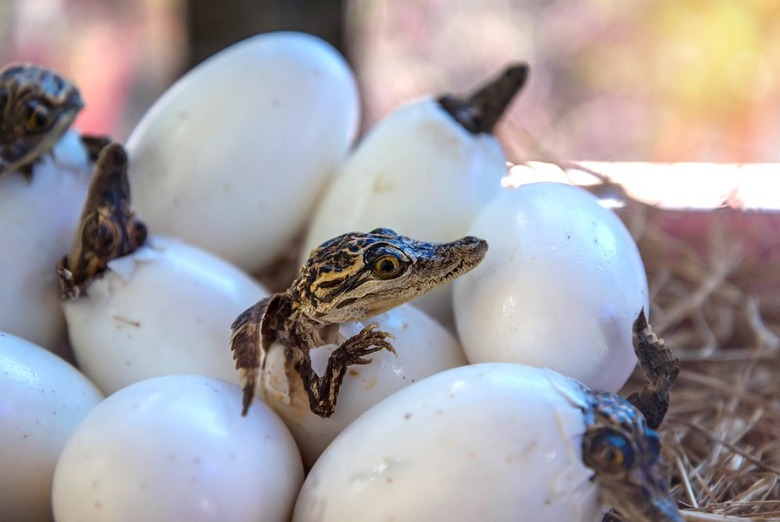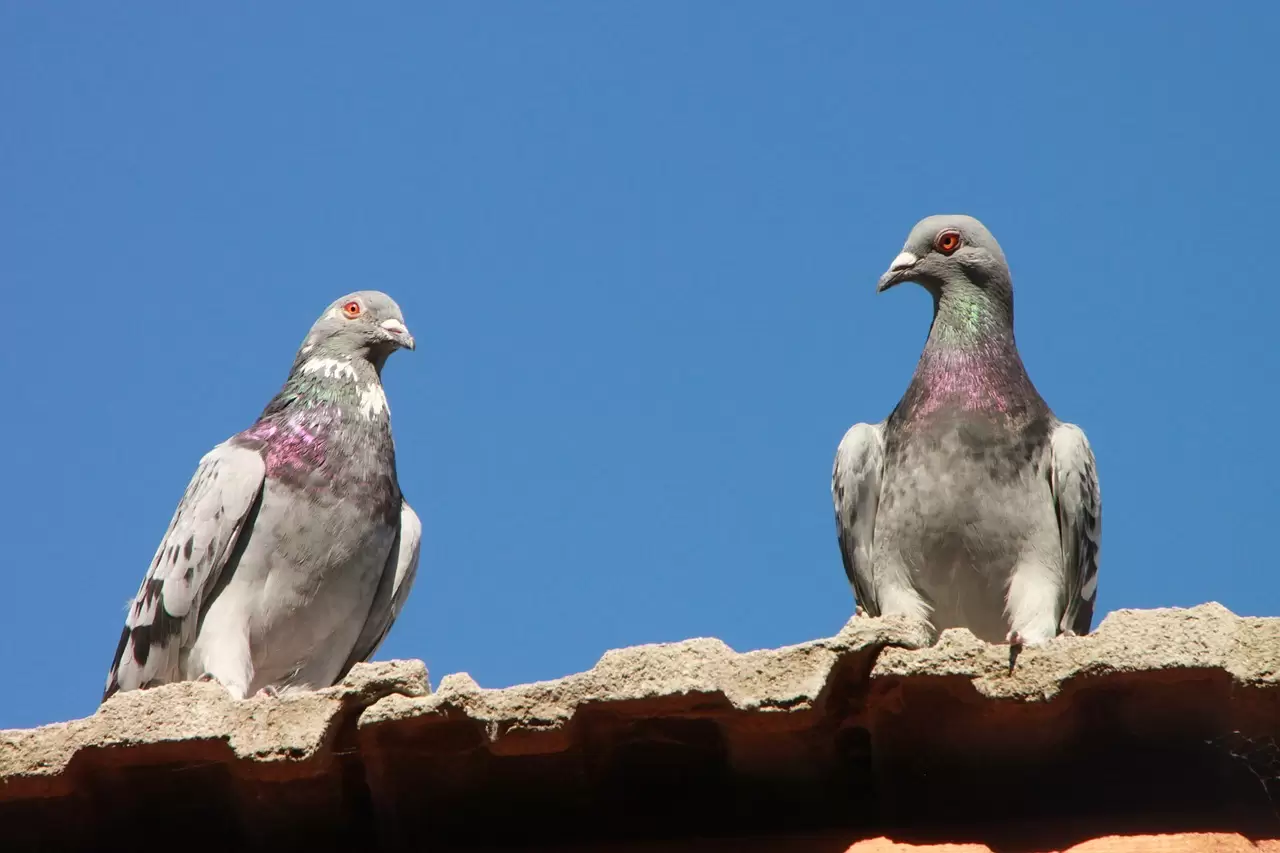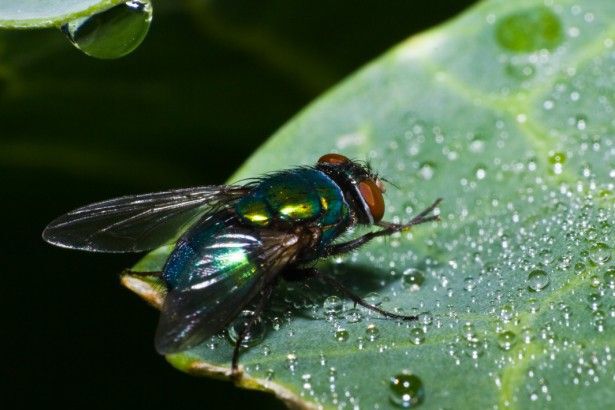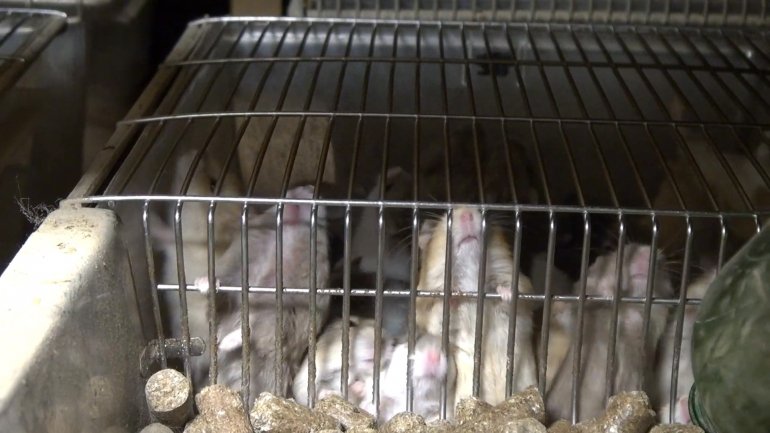House spiders, like many other spider species, can survive for an extended period without food. Their ability to survive without food largely depends on various factors such as their health, age, and environmental conditions.
Typically, a healthy house spider can survive for several weeks to a few months without food, provided it has access to water. Spiders are cold-blooded creatures and have a slower metabolism compared to warm-blooded animals. This slower metabolism allows them to conserve energy and survive longer periods without food.
However, while spiders can survive without food for an extended time, they still require water to live. Lack of water can lead to dehydration and eventually death, even if they might otherwise survive longer without food.
How do Factors Influence House Spiders’ Survival Without Food?
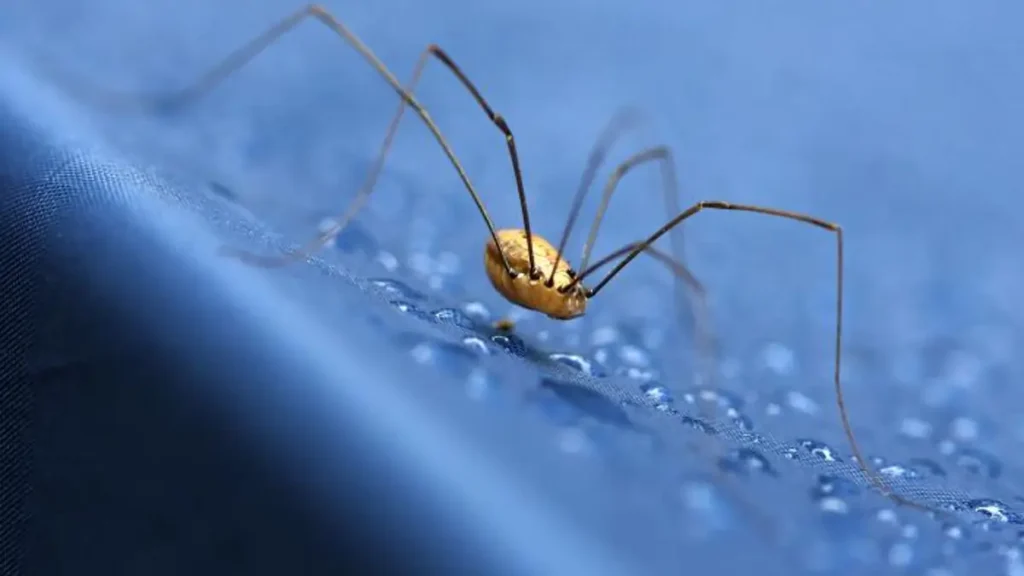
House spiders, like many other arachnids, can survive for extended periods without food due to several factors that contribute to their adaptability and resilience:
Metabolic Rate
Spiders have a low metabolic rate, allowing them to survive for longer periods without consuming food. Their metabolism slows down significantly when food is scarce, enabling them to conserve energy.
Energy Reserves
Before facing periods of scarcity, spiders often build up energy reserves by feeding. These reserves can sustain them for an extended period without food.
Reduced Activity
When food is scarce, spiders reduce their activity levels. They may stay hidden in their webs or find sheltered areas where they conserve energy and minimize movement to preserve resources.
Hunting Strategies
Some spiders have hunting strategies that require less energy expenditure. For instance, they might use sit-and-wait tactics, minimizing the need to actively search for prey.
Ability to Feed Infrequently
Spiders can survive by feeding infrequently. They may consume small amounts of food intermittently and still maintain their vitality.
Adaptation to Famine
Some species of spiders are particularly well-adapted to surviving famine-like conditions. They have evolved mechanisms to endure longer periods without food.
Hibernation/Low Activity Periods
In colder seasons or adverse conditions, spiders might enter a state of dormancy or lower metabolic activity. During this time, they can survive without food until conditions become more favorable for hunting.
Water Intake
Spiders can survive longer without food if water is available. They can extract water from their prey or from their environment, helping them endure food shortages.
It’s important to note that while spiders can survive without food for extended periods, their ability to do so varies among species and is also influenced by environmental factors like temperature, humidity, and the availability of water.
Additionally, while they can survive without food for some time, a lack of food will eventually lead to weakness, reduced reproductive success, and ultimately, death if sustained for too long.
What is the Typical Duration House Spiders Live Without Food?
The duration that house spiders can live without food can vary depending on several factors, including the species of spider, its age, size, environmental conditions, and the availability of water. Generally, spiders are known for their ability to survive for extended periods without food due to their low metabolic rate and ability to conserve energy.
Small house spiders might survive for a few weeks to a couple of months without food if water is available. Larger species or those with higher energy reserves might survive for longer periods, potentially up to several months.
However, it’s important to note that while spiders can survive without food for a while, their health, vitality, and ability to reproduce diminish over time. Prolonged periods without food weaken them and can eventually lead to death. Also, the lack of food impacts their ability to reproduce and maintain their population.
Environmental factors such as temperature, humidity, and the availability of water play crucial roles in determining how long a house spider can survive without food. Colder temperatures or drier conditions might slow down their metabolism, allowing them to survive for longer periods without eating.
In most cases, though, spiders will actively seek food whenever possible to maintain their health and reproductive capabilities. Their survival without food is more of an adaptation to endure periods of scarcity rather than a preferred state for their well-being.
How Does Prolonged Food Deprivation Affect House Spiders?
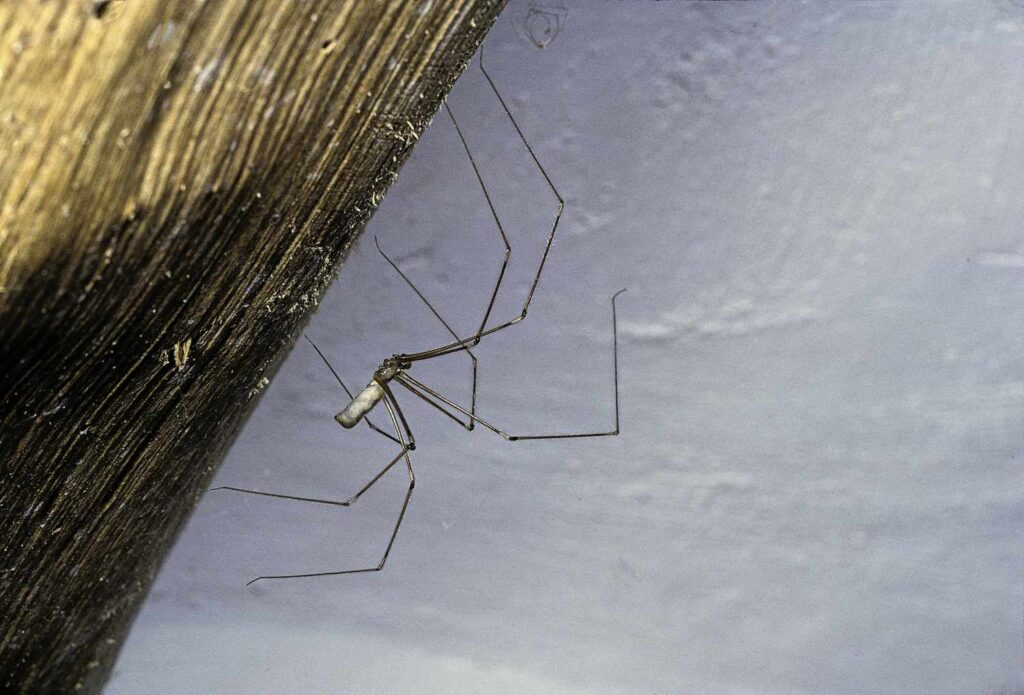
Prolonged food deprivation negatively impacts house spiders in various ways, gradually affecting their health, behavior, and reproductive capabilities. Here’s how extended periods without food can affect these arachnids:
Weakness and Reduced Vitality
Lack of food results in a decline in energy reserves, causing spiders to become weaker and less active. This can affect their ability to move, hunt, and respond to potential threats.
Reduced Growth and Molting
Spiders require regular nourishment for growth and to facilitate the molting process, shedding their exoskeleton to grow larger. Prolonged food deprivation can hinder their growth and cause issues during molting, leading to deformities or unsuccessful molts, which can be fatal.
Diminished Reproductive Success
Spiders may redirect the limited energy they have towards basic survival rather than reproductive activities. This can lead to decreased reproductive success, affecting the number of offspring they produce and potentially impacting the survival of the species.
Shortened Lifespan
Extended periods without food can significantly shorten a spider’s lifespan. While they might survive for a certain duration without food, their overall lifespan can be notably reduced compared to those with regular access to food.
Behavioral Changes
Spiders might alter their behavior in response to prolonged hunger. They may become more aggressive or take risks they wouldn’t typically take, such as leaving the safety of their web in search of food, potentially exposing themselves to predators or other dangers.
Increased Susceptibility to Diseases and Parasites
When weakened due to lack of food, spiders may become more vulnerable to diseases and parasitic infections, further compromising their health and survival.
Population Impact
Prolonged food scarcity affects not just individual spiders but can also impact the overall population. Reduced reproductive success and increased mortality due to starvation can lead to a decline in spider populations in an area.
Spiders are highly adaptive creatures and have evolved mechanisms to survive periods of scarcity. However, prolonged food deprivation significantly impacts their health and overall fitness, affecting their ability to thrive and potentially leading to population declines if the scarcity persists.
FAQ’s
What happens if you smell too much kerosene?
Exposure to high levels of kerosene fumes can lead to dizziness, nausea, headaches, and respiratory issues.
Does kerosene smell evaporate?
Yes, over time, the smell of kerosene can dissipate as it naturally evaporates into the air.
What is deodorize kerosene?
Deodorizing kerosene involves neutralizing its odor, often done using substances like baking soda, activated charcoal, or commercial deodorizers.
Is kerosene safe to use indoors?
While kerosene can be used indoors, it requires proper ventilation, and precautions should be taken due to the potential health risks associated with prolonged exposure.
Why does my AC smell like kerosene?
A kerosene-like smell from an AC may indicate mold or bacterial growth in the system. Regular cleaning and maintenance are essential to address this issue.
How do you get the smell of oil out of your house?
To eliminate the smell of oil, thorough ventilation, cleaning surfaces with a mild detergent solution, and using odor-absorbing materials like baking soda can be effective.
Final Words
Understanding how long house spiders can survive without food is important. Factors like species variation, metabolic rates, and access to water influence their survival duration. Typically, they can live several weeks to a few months without food, but lack of water can be fatal. Prolonged food deprivation weakens spiders, making them more susceptible to illness.
Moreover, it’s crucial to provide adequate conditions for spiders, even during periods without food, to ensure their well-being.”







